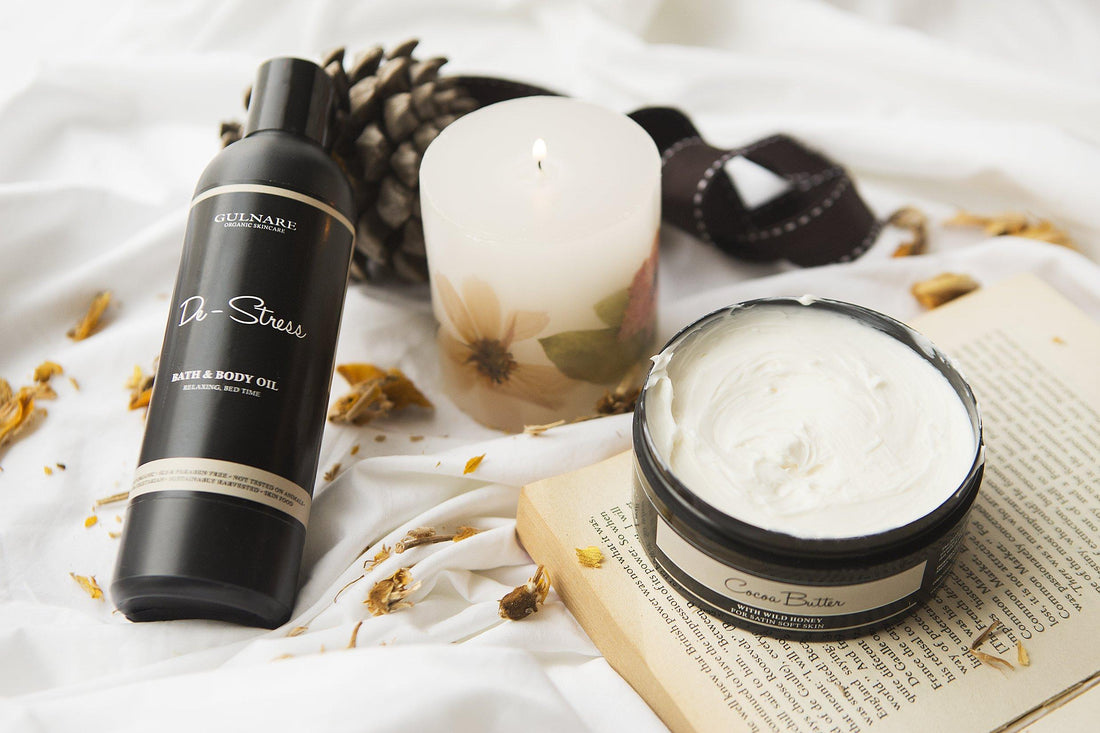
Natural vs Organic skincare - Understanding the difference
Share
Natural and organic beauty products are rising in popularity and have become more readily available over the past couple of years. But the terms “organic” and “natural” can be misleading. They have often used interchangeably despite the fact their differences, and packaging can confuse consumers into buying products that are not what they were expecting. Here’s a little know-how to help you spot the difference between organic, certified organic, and natural skin care products.
Natural Skincare
A product is considered "natural" when it contains ingredients that are sourced from nature rather than created synthetically. It only refers to products or substances produced by a living organism that can be found in nature, however, a natural product could also be sourced from a farm heavily relying on pesticides to cultivate their crops, which can be bad for your health and the environment.
Natural products aren’t very well regulated by any governing bodies in most countries and brands can use the word natural without actually being 100% clean. This means a product that contains a handful of natural skin care ingredients can claim itself natural, despite the addition of synthetic ingredients. The best way to decide is to turn the bottles around and thoroughly read through the ingredients list. Ingredients are usually mentioned in order of percentage from highest to lowest, so if you’re trying to limit synthetic ingredients, make sure they’re always listed towards the bottom.

Organic Skincare
Organic beauty products are made of plant-based ingredients that are grown without the use of fertilizers and pesticides or any chemicals at all. Instead, organic farmers develop a healthy fertile soil by growing and rotating a mix of crops (to replace nutrients taken from the soil by previous crops), adding organic materials such as compost or manure to the soil. Organic farms follow strict guidelines and processes to keep their produce 100% toxin free.
However, it’s worth noting that just because a product uses the term organic on its packaging, it doesn’t mean it’s 100 percent organic. Regulatory bodies across the world state a product must contain between 70-95 percent organic ingredients to wear the claim of an organic brand.
It goes without saying that organic products are a much safer, healthier alternative for your skincare when compared to natural products.

Certified Organic Skincare
For a product to claim it’s ‘certified organic’, it must meet a number of strict specifications that go beyond the ‘organic’ requirements. The ingredients must still be grown and prepared under the same rigid conditions, but the concentration percentage of organic ingredients must be higher. A product must contain 95-100% organically farmed ingredients to be able to claim that it is ‘certified organic’.
The terms "vegan" and "cruelty-free" are not linked to or synonymous to "natural" or "organic," though there is often some overlap due to shared philosophies.

SHOP OUR RANGE OF SKINCARE SOLUTIONS & GET THE GLOW!
1 comment
I just LOVE this all PRODUCT